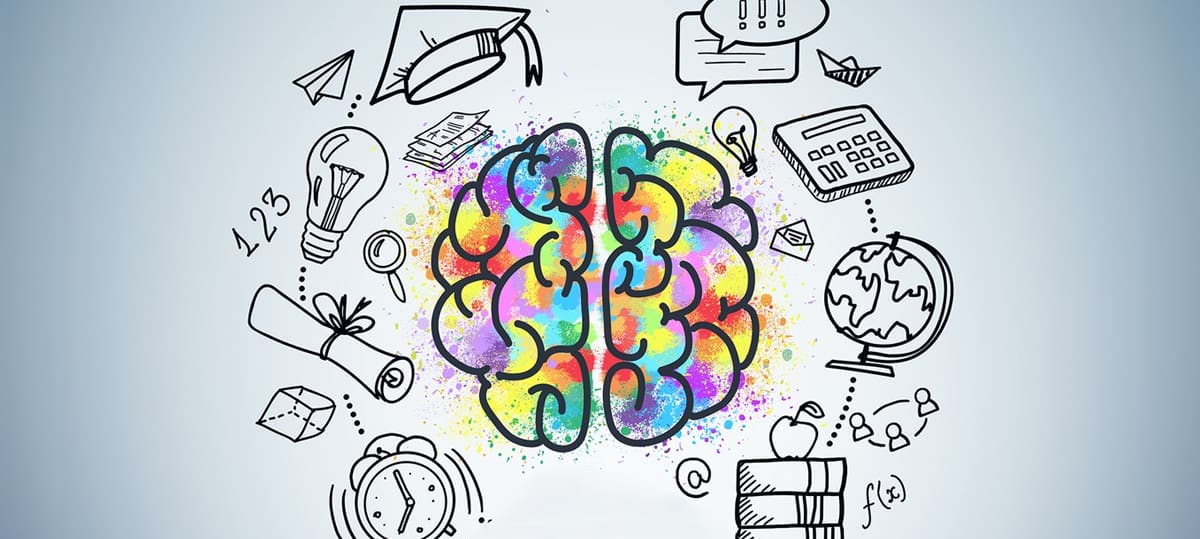There are things in life that are memorable and there are things you forget the second you hear it. Everyone has those moments when you are asked to remember something and it just slips your mind, even if you have a thousand reminders. Then there are times where you remember what you were wearing on a particular day. It’s funny how the brain works like that, some of it can be explained and some cannot.
The one thing that everyone wants to remember are the notes and materials you learn in school. Some people are lucky enough to have photographic memory, they’re able to memorize anything they see or read. It seems quite unfair, but studies have proven several methods for remembering facts and data and increasing your brain power.
It’s a total myth that the brain can run out of room for memory – the memory capacity of your brain is unlimited, you just have to unlock it.
Let’s start with your brain. Just as any muscle being used, you have to exercise it daily in order to increase its productivity. Here’s some ways to train your brain for memorizing and studying:
-
Eat Healthy!
This makes sense, as overall your brain needs food, and the better food you give it, the better it will function. Too much sugar and fats have been found to decrease your brain activity and cause some cognitive problems. Instead, try to eat whole grains, natural sugars and fats, and not to mention your veggies. Healthy eating leads to a healthy body and brain, so it’s important to take care of yourself.
-
Sleep more
Your brain power is directly related to your body’s health. If your body doesn’t get enough rest, your brain activity and memory suffers. Aim for seven to eight hours a night to feel more refreshed than tired in the mornings. Naps are okay too, and even beneficial if they are 15-20 minutes long. It’s said to increase productivity during the day! Avoid all-nighters and studying in the early hours of the day, as they are less productive. Sleeping is a better way to keep your energy up during the day.
-
Brain Training
Your brain is a muscle, and should be treated as one. Without it, you’ll start to forget things and your skills will become dull. Try doing daily puzzles, like crosswords or sudoku, to keep your brain sharp. Not only will your logic skills improve, but your memory and brain power will also see residual benefits as well.
So my brain is ready to remember; what can I do to help remember things?
Remembering things is just one of the many functions of our brains can do. Everyone remembers things differently and some ways are more effective than others. Here are a few life hacks and useful tips you can use to help you remember the things you study!
○ Exercise before studying
It’s not a myth that getting oxygen to your brain increases activity. You become more aware and sharp when your blood is pumping. Going for a walk or doing a quick workout 10-15 minutes before studying can prove to be very beneficial in remembering the things you study. Sometimes, its not possible to do some exercise, but there are other things that can help as well.
○ Revisit and revise your materials
Taking a look at your notes once won’t cut it. People remember better with repetition, and this is no different. Reading your notes and regurgitating it several times over will get your brain to remember all the details. Make sure to space out your revision times so that you don’t cram the same information in a short amount of time.
○ Draw diagrams and label pictures
Some people are better visual learners, so written notes probably won’t stick very long. Some people actually draw diagrams and make charts to process information in a different way. People can associate pieces of information really well with pictures and diagrams and can recall this information much easier.
○ Teach the material
They say that the best way to measure how much you remember is to reteach the materials you’ve learned. Find a classmate or a family member to teach the material to, and see if you can understand it fully. All the information you remember will show, and then you’ll be able to study up on that information that you didn’t remember.
○ Use Acronyms and Mnemonics
Mnemonics are a tool used for remembering facts and ideas. They take material and associate them with something logical or something that you can easily recall. For example, the acronym PEMDAS helps us remember the order of operations in math, Parentheses, Exponents, Multiplication, Division, Addition, and Subtraction. Find something that you can easily remember and link it to your material. Sometimes songs are a good way to memorize things as well.
○ Switch between your topics
Things can get pretty stale and repetitive. To solve this, make sure to switch between your topics so that you can retain that information instead of burning out. It’s good to keep it all fresh and exciting, so take a break from the material and revisit it later. Study your math one hour, and then study your history the next. You’ll thank yourself later.
○ Take frequent breaks
One thing that students go through is study fatigue. You cram your brain with information before an exam and you get tired and forget most of the things you’ve just studied. One thing you can do is to take breaks and get some rest in between. It’s proven that you remember more things if you study in short bursts.


